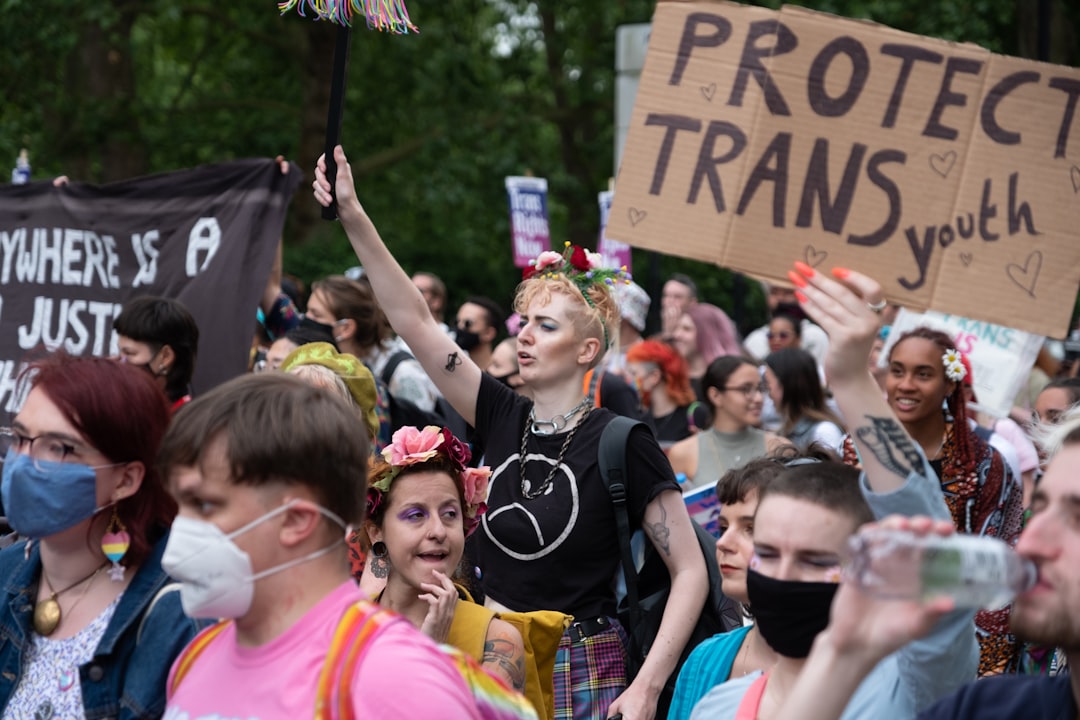What is it about?
This paper examines powers given to Victoria Police to enable them to issue on-the-spot punishments. Police officers are permitted to exclude people from public areas in response to actual or perceived troublesome behaviour. No criminal offence need necessarily have been committed. The powers have been justified as a form of community protection and to prevent possible victimisation.
Featured Image
Why is it important?
Police powers to punish risk circumventing established due process protections and diluting individual rights. While it has been argued that the broader community has a right to feel safe, this has been used to justify the use of discretionary police powers to punish. Such powers may be used in anticipation of, rather than response to, troublesome behaviours. However, no empirical evidence exists to support their need or effectiveness.
Read the Original
This page is a summary of: Upholding whose right? Discretionary police powers to punish, collective 'pre-victimisation and the dilution of individual rights, Australian & New Zealand Journal of Criminology, July 2016, SAGE Publications,
DOI: 10.1177/0004865816660351.
You can read the full text:
Contributors
The following have contributed to this page










